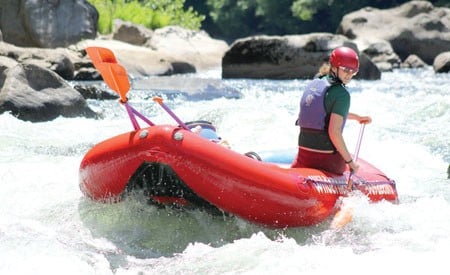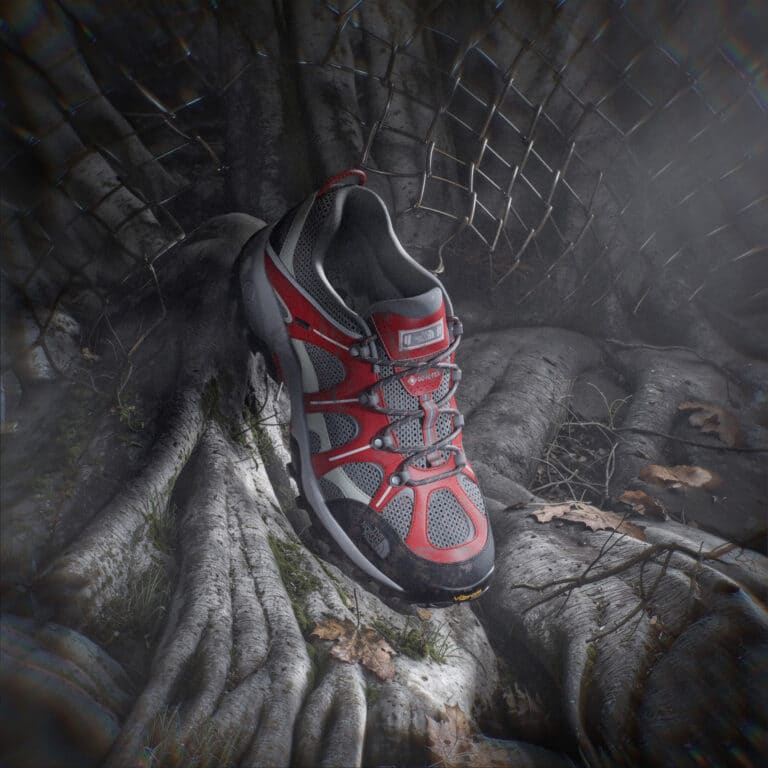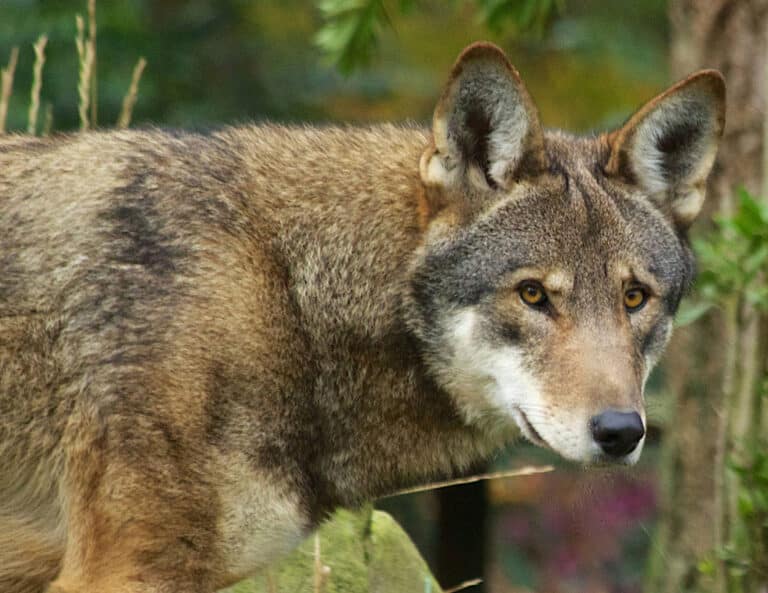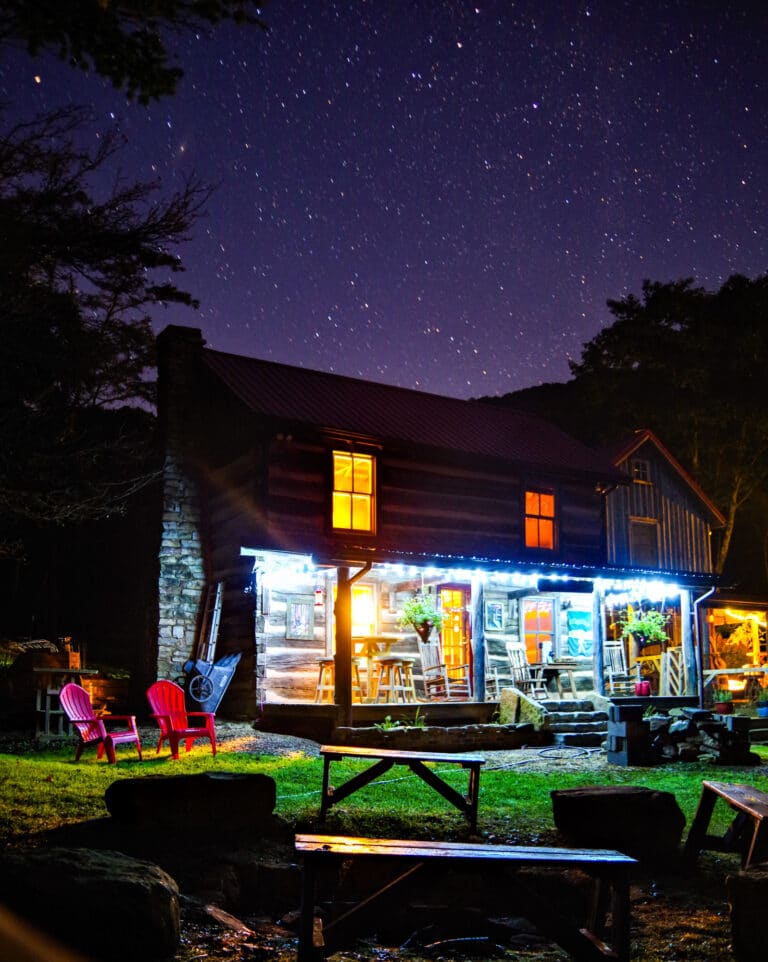Tara Nathan stops adjusting her spray skirt for a minute to stand up in front of the sea of red rafts. She waves at the boats full of Boy Scouts (most of whom are a good five inches shorter than her) and grins, a flash of white teeth on tan skin, then plunks back down on her green kayak. She pulls at her shorts.
“I wore the wrong underwear,” she says under her breath. “You think guys chafe. Ugh.”
There aren’t many other women in her position. The whitewater raft guide scene is mostly dominated by tan, muscular dudes with bushy beards and questionable hygiene practices.
For the next seven miles of Class III-V whitewater, Nathan will be responsible for the lives of 80 strangers. There’s an epileptic, a diabetic, and a handful of unfit tourists on the trip. It rained the night before, and the water’s high. A raft will almost definitely flip. But she’s not worried at all.
Curly blonde hair tucked under her river helmet, Nathan drags her boat down to the river, scoots inside, and paddles out. She floats, waiting.
The trip goes smoothly. There are no injuries, and only a few swimmers. Sitting outside of the local pub afterward, she relaxes in the sun with a cold Sierra Nevada.
On the river, Nathan’s a Youghiogheny River goddess. She often gets anonymous comment cards from Boy Scouts asking her on dates. She paddles smoothly around the rafts, shouting clear, concise instructions to each group as they float past.
“I didn’t know I had a voice until I became a raft guide,” she says with a grin.
Nathan’s 22, a recent graduate from Keene State College with a journalism degree. Right now she works for Wilderness Voyageurs, a rafting company on the Youghiogheny River in Ohiopyle, Pa. But she started working as a guide in 2009 for a different company, where her family had gone rafting on their summer vacations. Nathan was just getting out of a bad relationship back home in Connecticut. She wanted physical work that she could throw herself into, body and soul.
But her rookie year was rough.
“I was at a company where testosterone rules,” she recalls. “They respect the big, strong guys who excel fast and do kinda crazy things. It was like a pissing contest all the time.”
Every day she was constantly trying to prove herself—jumping over fires, swimming over the waterfall at midnight—to feel respected. But she wasn’t getting anywhere. They wouldn’t let her take on more responsibility. She was never a trip leader, never encouraged to take on bigger responsibilities. On the river, her coworkers made jabs at her for being a girl.
“Hey, why didn’t Hellen Keller know how to drive?” they’d ask her boat. “Because she was blind? No! It’s because she was a woman! Good luck with Tara!” They’d laugh and paddle away.
Nathan shakes her head. “I was taking so much shit, getting bogged down so much.”
So she switched companies and went to work for Wilderness Voyageurs in 2012.
“I think all companies are defined by their senior guides,” she says. “There aren’t a bunch of hot-shot studs running around trying to prove their masculinity. The guys there are really eclectic. Some of them are quiet, but they’re good leaders. One guy plays the mandolin. One of them reenacts Civil War battles. If you do something wrong, they still might come down hard on you, but the criticism is constructive.”
In that positive environment, Nathan was allowed to learn and excel. She learned how to kayak, and now she paddles the river almost every day. (Sometimes twice in a day. Sometimes with beer.) Now, in her fourth year on the river, she’s completely immersed in the lifestyle—she lives in a guide house, hangs out with the other guides all day, and drinks with them every night.
That isn’t to say that Wilderness Voyageurs is a shining beacon of feminist empowerment. Nathan still takes her share of ribbing and jokes about PMS (which is really a bitch on the river), shock and awe when she shows up in a skirt on her days off. But the banter is good-natured.
“It’s really taken a hit on my social skills,” she says with a laugh. “I spend all day shooting the shit with a bunch of guys. If I make the same joke in front of girls, they’re totally appalled.”
Nathan’s boyfriend Mark, a bartender and fellow guide, swings by the table with a basket of tortilla chips and another beer.
Guiding with her main squeeze on the river gets stressful, she admits. “I really don’t think we should work together. We care too much about each other’s safety. The nature of the job is to care about the customers, not yourself.”
Even though she’s comfortable working in a predominately male field, Nathan thinks more women should give it a try.
“I was never put in an executive position like this until I started guiding,” she says. “I was never the expert, never the person who could give orders instead of taking them. The fact that I have the confidence to yell and project—that’s important.”
Still, there are only a handful of girls who work on the river in Ohiopyle. And right now, Nathan’s the only female at Wilderness Voyageurs who works on the more difficult sections of the river.
“The average girl my age doesn’t think she can hang with this crowd,” she says. “But nobody starts as an expert. If more girls were encouraged, they could learn.”








